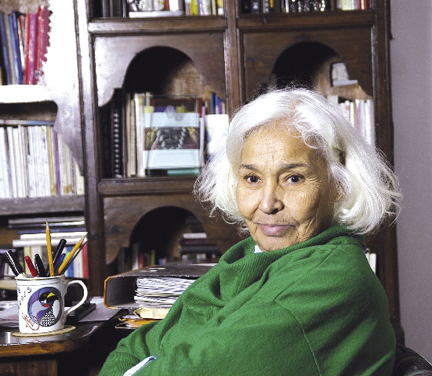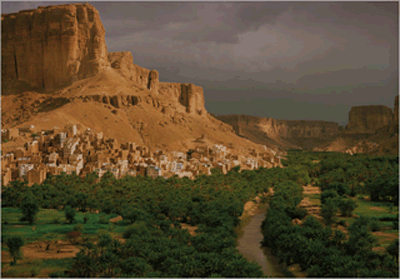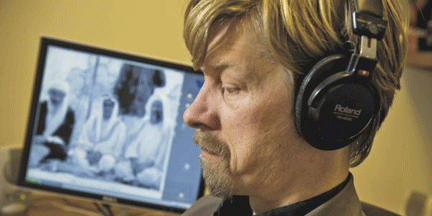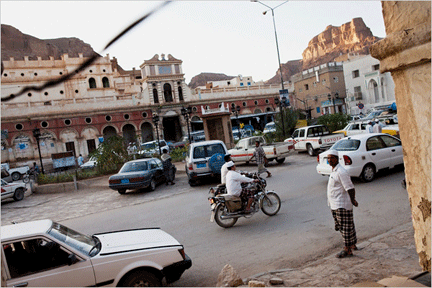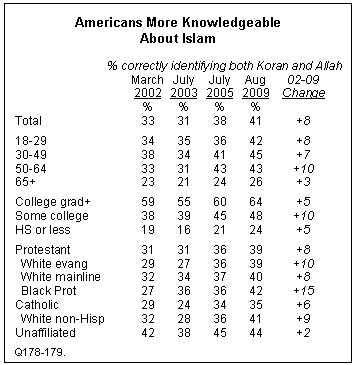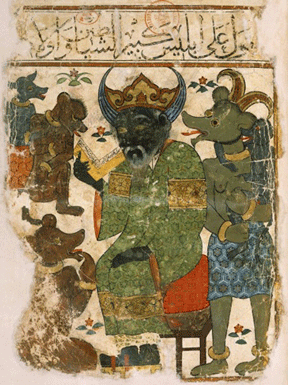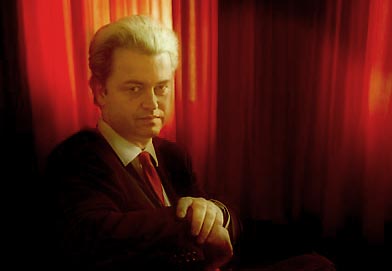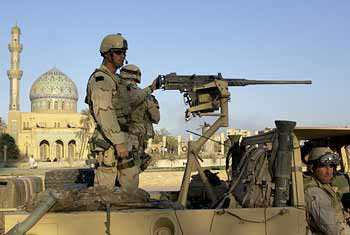
[Webshaykh’s Note: In the current online issue of Foreign Policy there is an excellent essay by Robert Pape on the post 9/11 missteps and how a faulty narrative has not only bogged us down into two unwinnable wars, but also not made us safer from terrorism. Click here for the full article; I excerpt the ending here.]
by Robert Pape, Foreign Policy, October 20, 2010
Put differently, adopting the goal of transforming Muslim countries is what created the long-term military occupation of Iraq and Afghanistan. Yes, the United States would almost surely have sought to create a stable order after toppling the regimes in these countries in any case. However, in both, America’s plans quickly went far beyond merely changing leaders or ruling parties; only by creating Western-style democracies in the Muslim world could Americans defeat terrorism once and for all.
There’s just one problem: We now know that this narrative is not true.
New research provides strong evidence that suicide terrorism such as that of 9/11 is particularly sensitive to foreign military occupation, and not Islamic fundamentalism or any ideology independent of this crucial circumstance. Continue reading It’s the Occupation, Stupid
